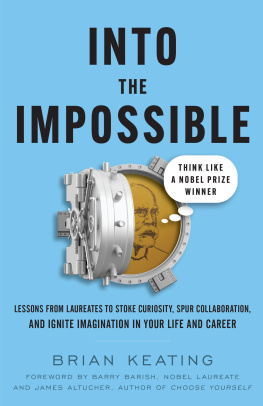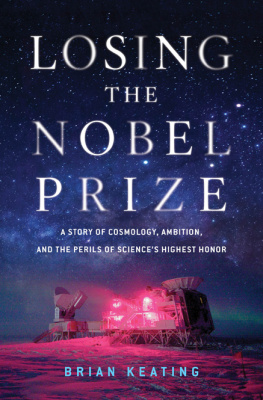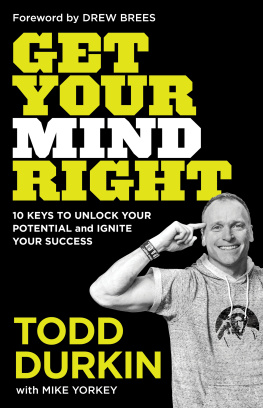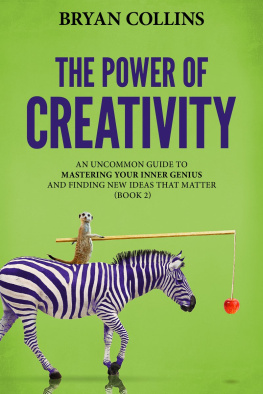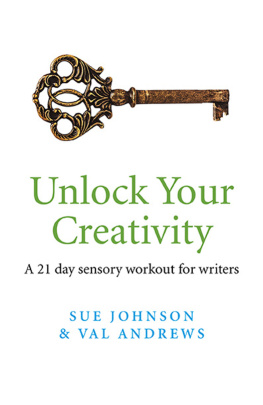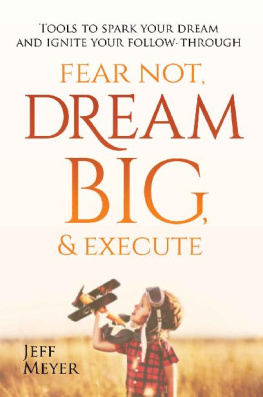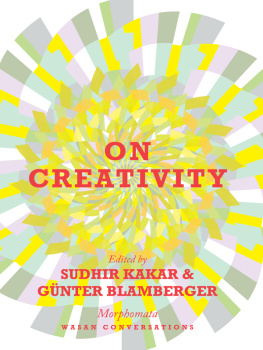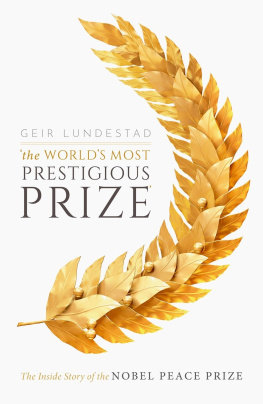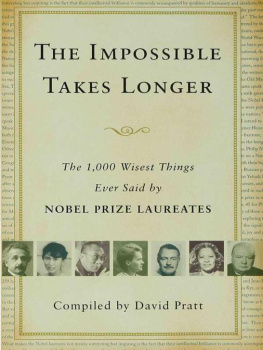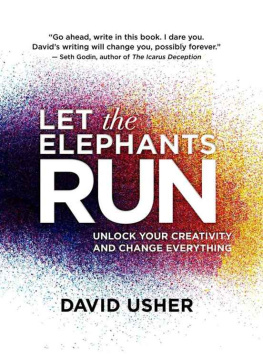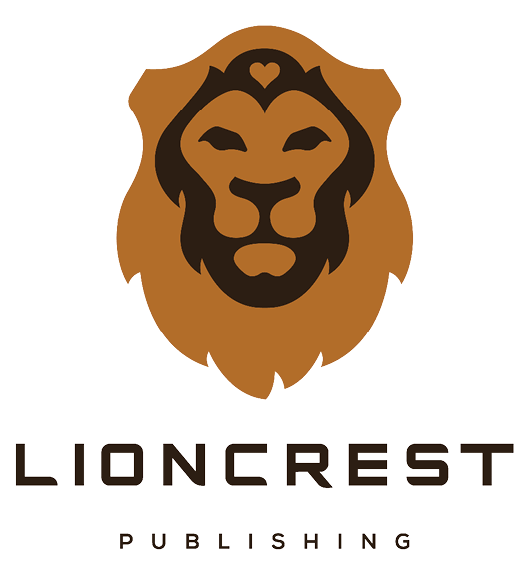All rights reserved. All illustrations 2021 Ray Braun Graphic Des ign.
To my family; my whole unive rse.
Foreword
Barry Barish: Curiosity Killed the Cat but Not the Scientist
What do the nine scientists in Brian Keatings book have in common, besides having a Nobel Prize? Perhaps the most interesting common attribute is their insatiable curiosities. In different ways, curiosity is the common driving force the interviewees articulate in their quests to understand the physical world. Each of these very successful scientists has been strongly driven to understand the unknown and the unknowable. Their very different strengths, weaknesses, and approaches to pursuing the frontiers of science and their own lives are revealed through selective articulation from Brians probing interviews, accompanied by Brians own very interesting and candid reactions and interpretati ons.
While reading this short book, dont skip the very interesting and short Interstitial: The Scientific Method. What inspired Brian to write it is unclear, but its importance cannot be overemphasized. We deal with alternate truths and fake news on a daily basis. Aristotle taught us how to use inductive and deductive reasoning to advance knowledge, and Galileo introduced the use of experiments as a research tool. Finally, Newton, in the Principia, wrote down his four rules of reasoning, which established the scientific method. Now, we rely on statistical arguments to establish confidence in our experimental conclusions, as well as consensus, as emphasized by Keating. These same principles need to be applied to establishing the truth for societal questions, like global warming or the effectiveness and risks of COVID vacci nes.
Lastly, I conclude with a personal observation. Understanding science is hard enough; understanding scientists is even harder. As a leading scientist, Keating deserves a lot of credit for also tackling the lat ter.
Barry Barish, Linde Professor of Physics, Emeritus, at Caltech, faculty member at UC Riverside, and winner of the 2017 Nobel Prize in Physics
James Altucher: Skip the Line by Choosing Yourself
When I was thrown out of graduate school in 1991, I didnt think that on the exact same day thirty years later, I would be writing a foreword to a book about Nobel Prize winn ers.
I dont feel qualified to write this foreword. I have not spent my life teasing out the secrets of the frontier of human knowledge. I am having a bit of the imposter syndrome at the mom ent.
I have not even had one single career, like physicist or chemist. I have often pursued success in many careers. Careers ranging from entrepreneurship to standup comedy and from writer to podcas ter.
On my podcast and in my books, Ive interviewed more than a thousand people I consider to be smarter, more successful, and more talented than I am. This is the great thing about having a podcast. I can call up a brilliant scientist, a world chess champion, the most talented athletes, and successful writers, and I get to ask them whatever I w ant.
Im like a vampire who gets to absorb the lives of my guests. After I speak to, dare I say, a Brian Keating, I feel momentarily more brilliant. Like I could look out into space and pierce through its veil of secrets. But then that moment goes away, and astronomy turns back into astrol ogy.
This is my job. I get to talk to people I view as the most successful I knowworld champions in their fields, whether writing, chess, physics, or medicineand translate the what got you here just enough so my readers can benefit and perhaps propel their own careers forward with the knowledge I obtained for t hem.
Wait, scratch that. I have to admit, I dont really care that much about my listeners. I am selfish. I interview these guests for my own purposes. So that I can be smarter, better, faster, healthier. Maybe I can scrape their brains like a match and set my own tiny fire on the pla net.
I want to do what they do. Maybe I can be a physicist. Or a Grammy - winning songwriter. Or sell 100 million copies of my books (thank you, Judy Blu me).
Brian puts up with me. On at least four occasions, I tried to pitch him different ideas of a grand unifying theory of physics. He laughs, and we continue the conversation. A conversation that ranges from topics such as the beginnings of the universe to the questions of why are we here, is there a god, and is there anything that transcends the limited understanding we have of what meaning there might be to all of this? T his!
Physicists are our philosophers. They look away from their telescopes and try to put order into the absurd. The physicist is the ultimate absurdist. Trying to carve out bits of meaning in a universe, which at first glance (at most glances?) seems utterly devoid of meaning. And the more they view the world as absurd, the more likely they are to be propelled to the top of their fields. Those who go left when everyone else goes right will find themselves in new territ ory.
Brian is a much better vampire than I am.
He has translated the habits of geniuses into a language that I understand, that anyone can understand. What is it like to be the first in the world with a new thought? And then turn that thought into something r eal?
Brian Keating famously has not won the Nobel Prize. I hope he wins it one day. But it doesnt matter. The Nobel Prize is an outcome that means many thi ngs.
Its a clich to say, Its about the journey, not the goal. But I didnt realize how effective that cliche is until I read the unusual ways Brians interviewees tripled down, quadrupled down on that process. Every moment of their lives, every question, even every setback (and there are many, although nobody was thrown out of graduate school, fortunately) moves these icons forward in their proc ess.
To where? Where are they going? It doesnt matter. They dont seem to care. All they know is that they are going. They are do ing.
In many conversations with Brian, Ive learned that science is not about knowing the answers; its about asking the right questions. Which sounds like a cliche. Maybe its not that they ask the right questions but that they ask questions nobody ever asked before. Its okay if those questions are the wrong questions. They just keep ask ing.
Brian asked the right questions to these Nobel Prize winners, got the right answers, and then translated it for people like me in this b ook.
Will I become smarter as a result of reading this book? I can say with full ego and equipped with a healthy dose of DunningKruger bias that the answer is yes. Yes I w ill.
James Altucher, host of The James Altucher Show and author of the national bestseller Choose Yourself
Introduction
The only way of discovering the limits of the possible is to venture a little way past them into the impossi ble.
Arthur C. Clarke
When 2017 Nobel Prize winner Barry Barish told me he had suffered from the imposter syndrome, the hair stood up on the back of my neck. I couldnt believe that one of the most influential figures in my life and careeras a scientist, as a father, and as a humanis mortal. He sometimes feels insecure, just like I do. Every time Im teaching, in the back of my head, I am thinking, who am I to do this? I always struggled with math, and physics never came naturally to me. I got where I am because of my passion and curiosity, not my SAT scores. Society venerates the genius. Maybe thats you, but its certainly not me.

